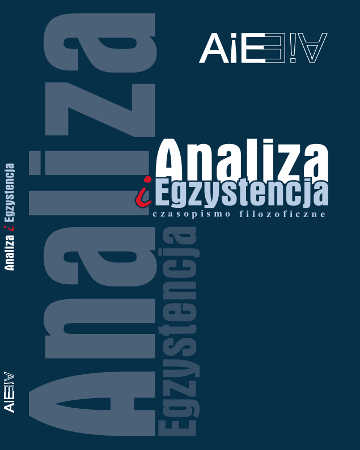Filozofia a dramat, na przykładzie twórczości Jean Paul Sartre’a
Philosophy and Drama, on the Example of Jean-Paul Sartre’s Work
Author(s): Joanna RośSubject(s): Philosophy, History of Philosophy
Published by: Wydawnictwo Naukowe Uniwersytetu Szczecińskiego
Summary/Abstract: As a literary work, Jean Paul Sartre’s theatrical arts gathered together in a Polishpublication named Dramas propagates and illustrates in detail the real philosophicalmasterpiece which is Being and Nothingness. Inspired by the author’s philosophicaldoctrine, dramas were made to show the existential thought. In that way Sartre-philosopher in Being and Nothingness reveals his thought in a explicative way. On theother hand, Sartre-playwright by writing dramas creates unrestricted realities whichcan be in various ways projected into the readers’ imagination, and there his generaltheses find detailed application. Philosopher wanted to show the philosophical truththrough literature, and he was very consistent about it. Being and Nothingness andDramas could be treated as sources of knowledge about his philosophy, just like hisnovels or works about his literature. Sartre uses his philosophical program to realizehis ideas for prose. It appears that philosopher did not divide the notion between“philosophical literature” and “literary philosophy”.Sartre is the creator of the theater of situations because characters from hisdramas find themselves in concrete situations and they have to make specific decisions.The dramas of the philosopher have a moralistic tone because we see inthem Sartre’s concept which says that humans may reject the role which societygave him. Man can choose the authentic existence. Philosopher’s mission was toinfluence the readers of his works. He desired to convey to people the truth abouthuman freedom. In conclusion, Sartre’s dramas are a kind of theatrical phenomenon,because as a philosopher he interested the spectator as much as an playwright.
Journal: Analiza i Egzystencja: czasopismo filozoficzne
- Issue Year: 2013
- Issue No: 21
- Page Range: 117-130
- Page Count: 14
- Language: Polish

